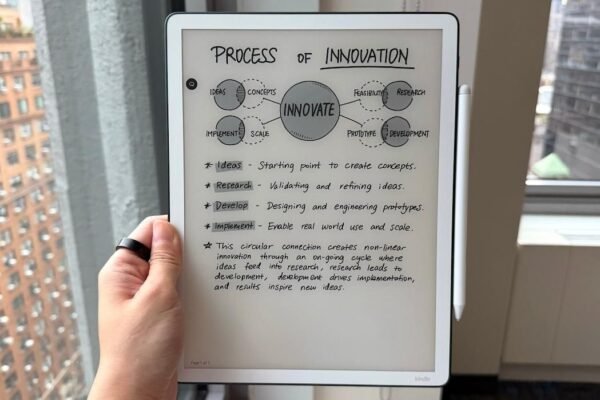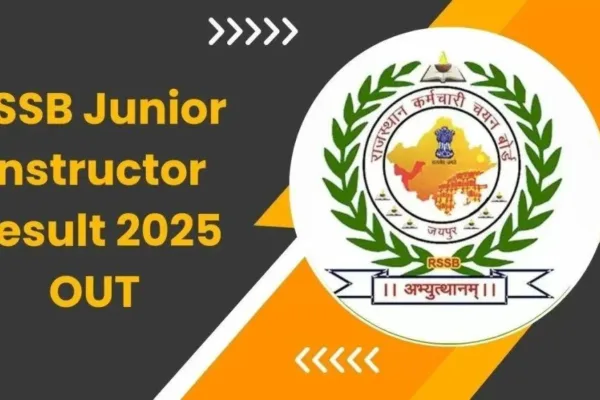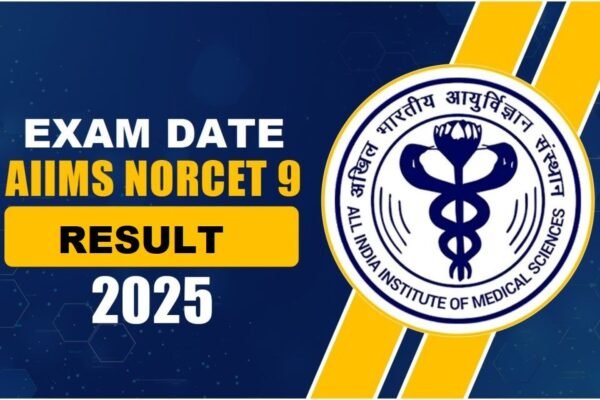EAM Cautions West on Pakistan Terrorism Threat Backlash


EAM Warns the West: Ignoring Terrorism in Pakistan Could Backfire
When it comes to tackling global terrorism, sweeping the issue under the rug rarely works. That’s exactly the message India’s External Affairs Minister (EAM), Dr. S. Jaishankar, recently delivered at a key global platform. His warning to Western leaders was clear and cautionary: overlooking terrorism emanating from Pakistan may come back to bite later.
But why is this important now? And why should the rest of the world care? Let’s break it all down.
What Did the EAM Say?
Speaking at the CII India Europe Business and Sustainability Conclave in New Delhi, Dr. Jaishankar didn’t mince his words. He pointed out that terrorist groups continue to operate freely in Pakistan, enjoying both safe havens and state support. His message targeted the West, which, in his view, has turned a blind eye to terrorism in South Asia.
He warned that this leniency won’t stay contained. The same groups that have targeted India before could easily set their sights on other parts of the world. As he put it: “What you tolerate today, you may suffer tomorrow.”
Why Is Terrorism in Pakistan a Global Concern?
You might be thinking — isn’t this just a regional issue between India and Pakistan? Actually, no.
In today’s interconnected world, terrorism doesn’t stop at borders. Extremist groups often have international ambitions and networks that span continents. The frightening reality is many of these outfits don’t just operate out of Pakistan — they often find ways to influence or even attack other nations. Think of it like fire: once it sparks, it can spread quickly and wildly unless put out early.
Let’s Consider a Few Examples:
- The 26/11 Mumbai attacks: Planned in Pakistan, carried out in India, and closely watched across the globe.
- Various attacks in Europe: Have links, either directly or indirectly, to radical networks that began or were supported in South Asia.
- Taliban resurgence in neighboring Afghanistan: A concern not just for Asia but also for Western powers with security interests in the region.
So, when India raises a red flag about terrorism in Pakistan, it’s not just being neighborly — it’s alerting the world to a brewing storm.
The Western Blind Spot
Here’s where things get tricky. According to Dr. Jaishankar, Western countries have a tendency to view terrorism through a narrow lens. If the problem doesn’t affect them directly, they tend to ignore it. This selectivity, he warned, is dangerous.
Think of it like ignoring termites because they’re in your neighbor’s house. Sure, it’s not your problem — until your own furniture starts crumbling. That’s how unchecked terrorism works. It seems distant at first, but the impact can hit home fast and hard.
India’s Frustration and Global Reality
India’s frustration is understandable. Despite providing evidence against terror groups operating from Pakistan — including those behind deadly attacks like in Pulwama and Uri — little action has been taken beyond verbal condemnation.
It’s like calling out a school bully, only for the teacher to say, “Let’s give him another chance.” Meanwhile, the bullying doesn’t stop.
This lack of accountability leads to weariness, especially in countries like India that have been on the frontlines of terrorism for decades. And Dr. Jaishankar made it clear: this isn’t just about politics; it’s about lives, peace, and the safety of future generations.
Economic Ties vs. Security Priorities
One possible reason for the West’s softer approach could be economic or strategic interests. Some countries prioritize short-term alliances or trade benefits over long-term global safety. That’s understandable — but shortsighted.
After all, what’s the point of trade if peace and security collapse? You can’t sell products in a warzone. Sooner or later, security must come first.
What Should Happen Next?
Dr. Jaishankar’s remarks weren’t just about pointing fingers. They were a call to action. Here’s what the world — especially the West — needs to consider:
1. Take consistent action against all forms of terrorism
You can’t cherry-pick which terror groups to condemn. Whether they operate in the Middle East, Africa, or South Asia, they pose a threat to all of us.
2. Pressure countries that shelter terrorists
State support for terrorism should carry real consequences. Countries like Pakistan must be held accountable for enabling extremist networks.
3. Strengthen global cooperation
This isn’t just India’s fight or Asia’s fight — it’s a global issue. Counter-terrorism efforts must be coordinated across borders, sectors, and governments.
4. Stop separating “good” and “bad” terrorists
There’s no such thing. A terror outfit threatening one nation today might attack another tomorrow. Let’s not wait for more tragedy to understand this simple truth.
Why This Matters to You
You might wonder, “I don’t live in South Asia — why should I care?” The short answer: global security starts with noticing red flags, no matter where they appear.
Even one act of terrorism can destabilize financial systems, terrorize civilians, and create geopolitical chaos. Most importantly, these violent acts rob innocent people of peace and prosperity — something every global citizen values.
Remember how the COVID-19 pandemic spread from a single region to affect the entire planet? The spread of terrorism works in shockingly similar ways. We can’t afford to ignore these warning signs anymore.
Conclusion: A Wake-Up Call the World Must Hear
Dr. Jaishankar’s message isn’t fearmongering — it’s a wake-up call. He’s urging Western nations and the global community to stop looking the other way when terrorism brews in places like Pakistan. The costs of inaction are too high and too real.
At the end of the day, we’re all in this together. Whether you live in New York, New Delhi, Berlin, or Buenos Aires, global peace and security are shared responsibilities. Now more than ever, leaders need to recognize the threat — and act boldly to stop it.
What Can You Do?
- Stay informed: Understand where terrorism thrives and why.
- Support policies: that hold sponsors of terrorism accountable.
- Keep the conversation alive: Share articles, raise awareness, and promote global cooperation against extremism.
Let’s remember: turning a blind eye today can lead to deeper scars tomorrow. It’s time for the world to stand together — before it’s too late.











